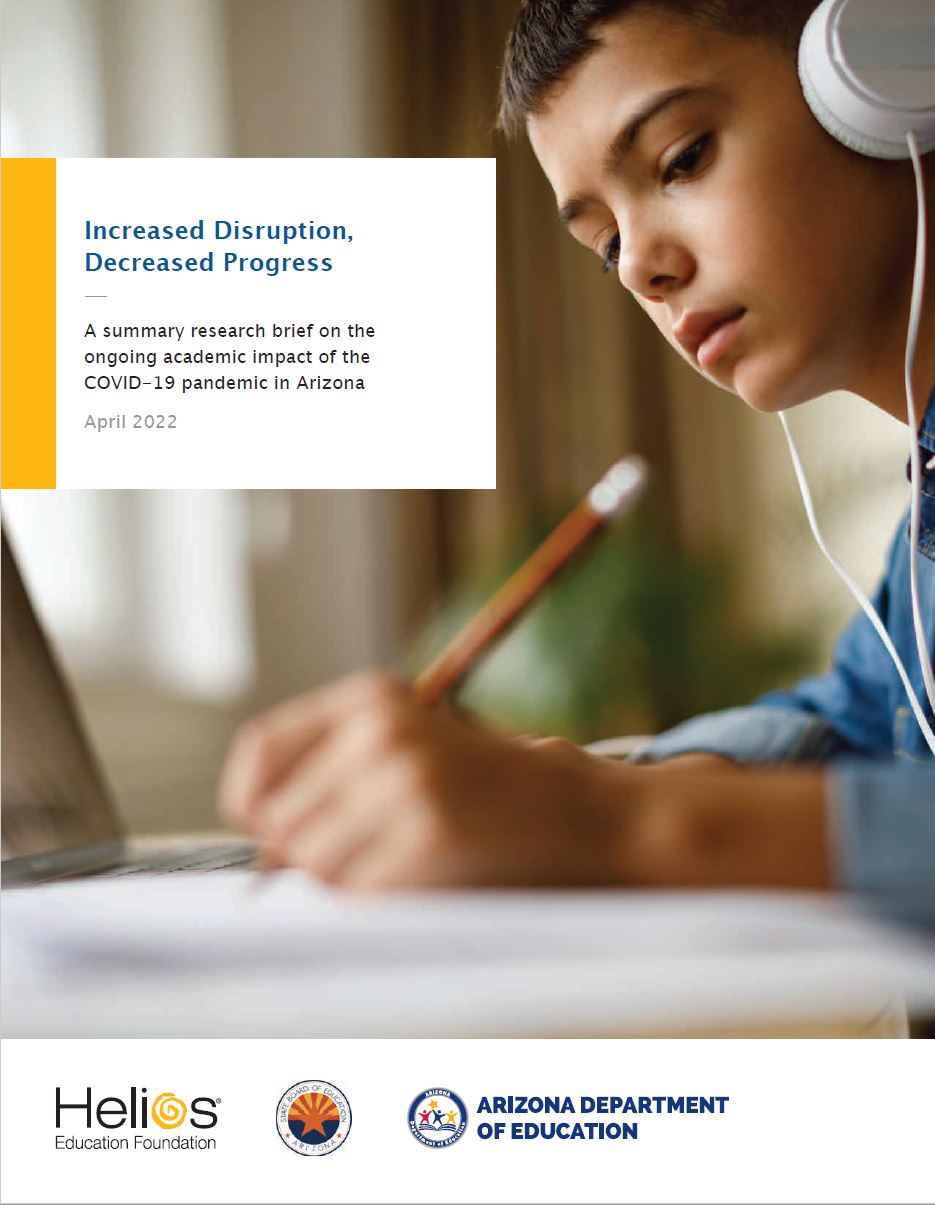NAEP Results Highlight Effective State Reading Policies in AZ, FL
Released earlier this week, the most recent NAEP results 4th- and 8th-grade reading and mathematics reinforce how significantly the pandemic effected student learning nationwide. The overall drop in scores—particularly in mathematics—and widened gaps among racial subgroups are clear signals that more needs to be done to help students recover from the disruption to their lives and their learning.
In Arizona, students performed at or near the national average in both subjects in 2022, just as they did when NAEP results were previously reported in 2019. And although the state’s latest NAEP scores show declines in math during the first two years of the COVID-19 pandemic, reading scores held steady.
Over the past two years, an intentional focus in Arizona on policies that support rigorous teaching instruction and coaching—and an emphasis on the science of reading—have helped to ensure effective third-grade literacy instruction. We believe that students across Arizona are clearly benefitting from this approach, and that it likely helped the state avoid a retrenchment in reading skills at a time when literacy scores in other states have declined significantly. Indeed, as many states consider enhanced pandemic recovery strategies and more effective literacy instruction, in light of declining reading scores, Arizona can be a model for an approach to third-grade reading that works.
In Florida, math scores for 4th- and 8th-graders dropped the same as the national averages, five points for younger students and eight for the older ones. Florida’s 4th-grade NAEP reading scores showed no change from 2019, while scores declined by three points in 8th grade. Recent attention to third-grade reading in Florida is making a difference there, too.
To accelerate future early learning work in both states, Helios has funded an AZ/FL Early Learning Exchange that will take place over the next three years to support best practices in each state, bolster impact-focused collaboration, and support policies that support systemic change.
Helios Education Foundation also continues to work with our partners in Arizona and Florida to keep these states focused on prioritizing the drivers that are essential to getting students on track for college success. That includes ensuring that students are reading by the third grade. Early literacy is the foundation for long-term academic success, but we also must focus on increasing participation in rigorous coursework in high school and ensuring that students get the supports they need to enroll, persist, and succeed in college.
These priorities are achievable. With sustained commitment to them we can both recover from the disruptions and losses the pandemic has caused and ensure that more students have the educational opportunities—in school and in college—that enable them to thrive.

Explore our study to learn about the impacts that the pandemic has had—and continues to have— on the educational experiences and achievements of students in the state.

